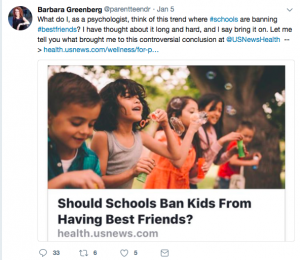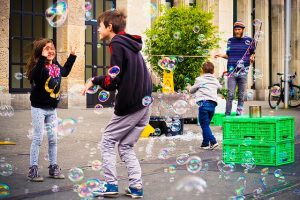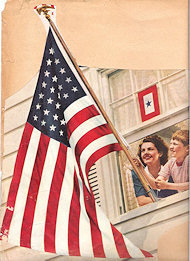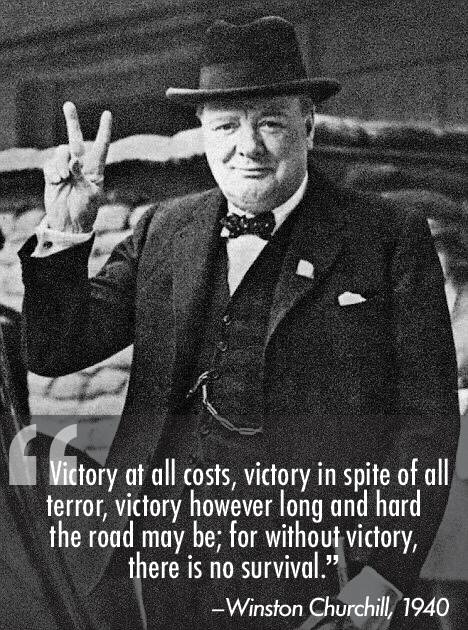
January 8, 2018
At a time when we have headlines proclaiming President Trump may cause the extinction of the human race, not much should surprise us. In the time since Trump won the election, we have been battered with headlines, each worse than the other, depicting the end of life as we know it in the United States. Maybe we’ve gotten jaded to the headlines. Many have certainly turned away from main stream media outlets for their news. Yet, when news broke that a psychologist was pressing her agenda to ban “best friends” for our children, I had to sit up.
 Yes, you read that right. Dr. Barbara Greenberg, PhD., says we should make sure our children no longer have “best friends”. She admits doing so would be a “Herculean task” because best friends are so engrained in our lives and social constructs. She even admits that we benefit from having “close friends and confidants – those who really get us.”
Yes, you read that right. Dr. Barbara Greenberg, PhD., says we should make sure our children no longer have “best friends”. She admits doing so would be a “Herculean task” because best friends are so engrained in our lives and social constructs. She even admits that we benefit from having “close friends and confidants – those who really get us.”
So, what’s her problem with best friends?
It’s quite simple really, at least in Greenberg’s eyes. Best friends are exclusionary. One of the examples she gives is where one middle schooler sits next to another and the second student tells the first that a third student is her best friend. Oh, the horror of it all. Little Susie might not be Little Janie’s best friend. How ever will Little Susie’s fragile psyche survive?
Greenberg is worried because she sees “child after child” coming into her office because their best friend has decided someone else is now the new best friend. Even after saying there might be some validity in the opinion that parents should teach their children to toughen up, she’s concerned with “the bigger picture, which includes the pain associated with exclusion and the gentle comfort associated with inclusion.”
You see, Greenberg is “a huge fan of social inclusion. The phrase best friend is inherently exclusionary. . . A focus on having best friends certainly indicates there’s an unspoken ranking system; and where there is a ranking system, there are problems.”
Think about that for a moment. No parent wants to see their child hurting, physically, mentally or emotionally. But a good parent also recognizes that their child has to learn how to deal with disappointment and failure. Life can be hard at times and if we don’t prepare our children for it, we set them up for bigger falls and more heartbreak when they are adults. This is especially true when our schools buy into the argument that everyone has to be included and everyone has to be a winner. That sets up impossible expectations for the child as an adult. Consider how that child will respond when, in college, they are faced with their first failing grade because they didn’t perform up to expectations. Or consider how that child, now an adult, will react when they are passed over for a promotion because someone else is better qualified for the position.
 But it gets better. Greenberg writes herself into a circle of rhetoric. She doesn’t want our children to have “best” friends because we need to be encouraging them to be more inclusive. This, she feels, will help lead them to be less judgmental. (Riiiiight. Has she been in a middle school class with a bunch of girls recently?) Yet, even as she says we should discourage the use of the term “best friend”, she encourages us to push our kids to having “close friends”.
But it gets better. Greenberg writes herself into a circle of rhetoric. She doesn’t want our children to have “best” friends because we need to be encouraging them to be more inclusive. This, she feels, will help lead them to be less judgmental. (Riiiiight. Has she been in a middle school class with a bunch of girls recently?) Yet, even as she says we should discourage the use of the term “best friend”, she encourages us to push our kids to having “close friends”.
[C]onsider making a bit of a shift to your vocabulary and talk to your children about the importance of having close friends. Put less emphasis on popularity and having best friends. In life, there is much to be gained from having a few close friends. Everyone brings something different to the table. Our lives are richer if we are closer with a few others rather than putting all of our eggs in one basket, right? This is true for children and adults. Think of all the wonderful opportunities you may have missed if you socialized exclusively with only one friend. Now think about your kids and help them broaden their perspective.
Wait! Isn’t she basically continuing the so-called exclusionary process of “best friends”? Her so-called solution means that instead of having a single “best friend”, your child would have several “close friends”. How is that not putting a hierarchy on friendship? That still doesn’t prevent Little Susie from sitting next to Little Janie and learning she isn’t one of Little Janie’s bestest – sorry, closest – friends. Won’t that still impact poor Little Susie’s emotional well-being?
Can there be any doubt why more and more Americans are turning to homeschooling when this is the sort of BS plaguing our education system? Why am I suddenly thinking about that old movie, Children of the Damned? All our children looking and sounding and thinking the same.
Oh, and this is old (despite the newer article). This originally came out in 2015 or something. It’s a great example of a media retread.
And the psych is an idiot of the highest order:
Greenberg is worried because she sees “child after child” coming into her office because their best friend has decided someone else is now the new best friend.
And she doesn’t even understand that the fact they’re in her office means they’ve already failed in a little thing we all experienced when younger – called “growing up”.
*SMDH*

Tip Us!
Become a Victory Girl!


Follow Us On Twitter!


Recent Comments

Rovin’ Redhead

2 Comments